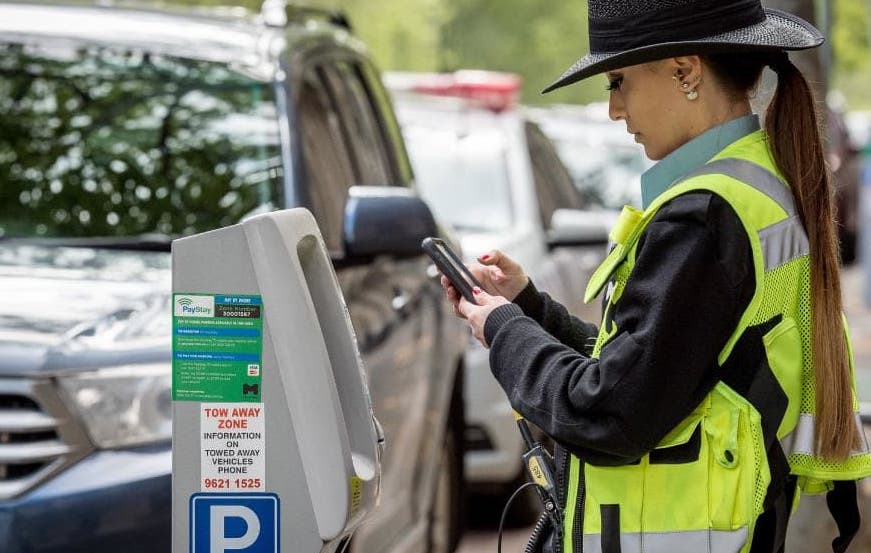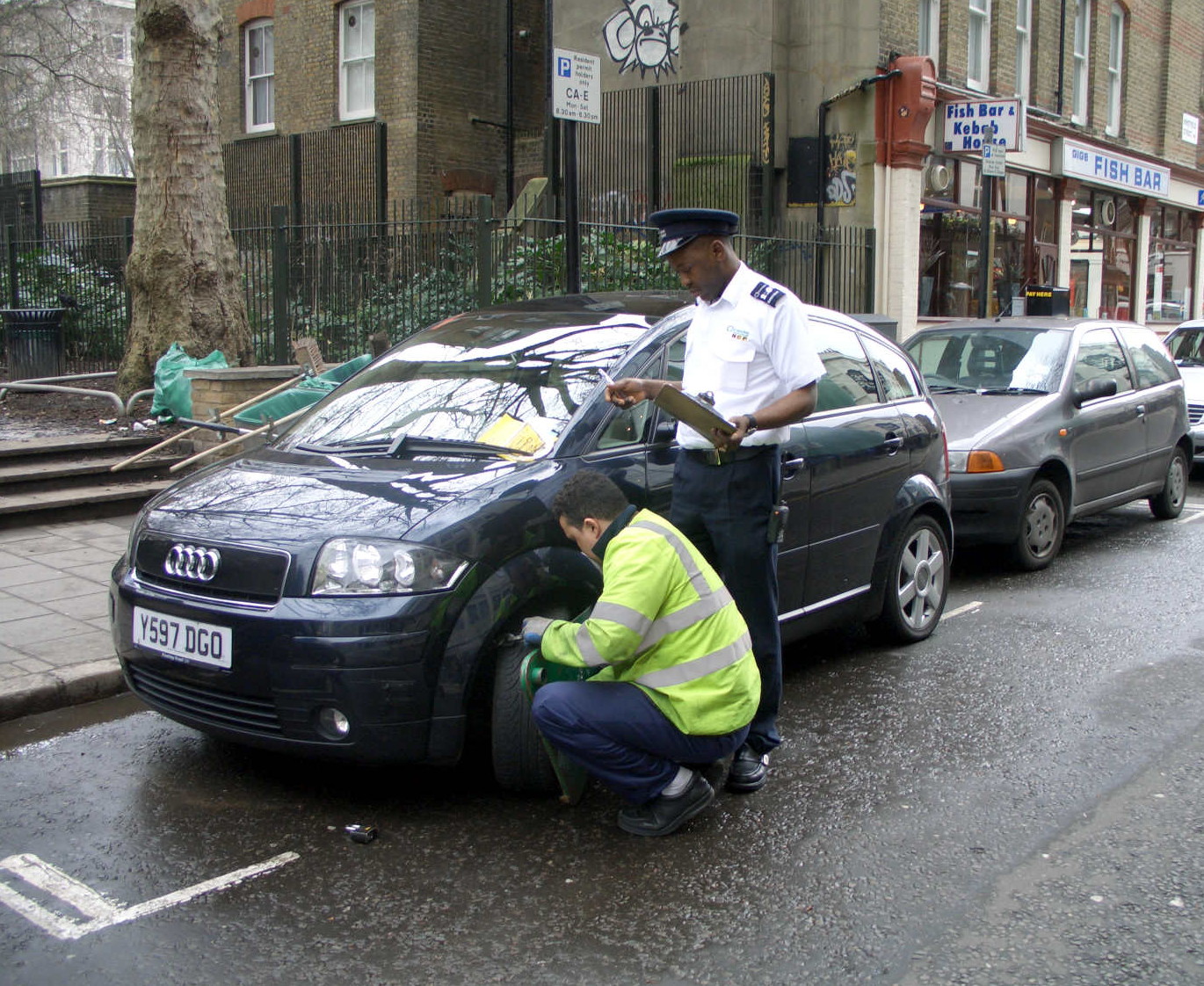Comprehensive Guide to Parking Enforcement in London
Parking enforcement is essential for maintaining order on London’s busy streets. With various local councils implementing different rules and systems, understanding how parking enforcement works can save time, money, and frustration for drivers.
Table of Contents
What is Parking Enforcement?
Parking enforcement involves monitoring and regulating vehicle parking to ensure compliance with local laws and regulations. This is crucial in preventing illegal parking, maintaining traffic flow, and ensuring public safety.
Importance of Parking Enforcement
Effective parking enforcement contributes to:
- Reducing congestion
- Ensuring access for emergency services
- Promoting fair use of public spaces
For further details on the principles behind enforcement, visit the City of London.

Types of Parking Violations
Parking violations can vary widely, but common types include:
1. Illegal Parking in Permit Zones
Parking in areas designated for permit holders only can result in penalties. For instance, the Royal Borough of Kensington and Chelsea provides specific regulations regarding permit zones and enforcement actions taken against violators.
2. Parking on Yellow Lines
Parking on double or single yellow lines is strictly prohibited unless indicated otherwise. Such violations are frequently monitored and enforced.
3. Obstructing Driveways or Pedestrian Walkways
Blocking driveways or pedestrian paths is not only illegal but can also hinder traffic flow and accessibility. Reporting such offenses can be done via Hackney’s request system.
How Parking Enforcement Works
Enforcement Agencies
Multiple local authorities are responsible for parking enforcement across London. Each council has its system and regulations. Notably:
- Tower Hamlets emphasizes balancing road user needs with effective enforcement measures. More on this can be found on their Parking Enforcement page.
- Newham operates a robust parking enforcement system to ensure safety and compliance, detailed on their site for viewing and appealing PCNs.
Ticketing Process
When a parking violation occurs, enforcement officers can issue Penalty Charge Notices (PCNs). These notices detail the infraction and provide instructions for payment or appeal.
Reporting Violations
Citizens can report illegal parking directly to their local council. For example, Waltham Forest allows residents to request parking enforcement easily by calling their hotline.
How to Handle a Parking Ticket
Receiving a parking ticket can be stressful. Here are steps to take:
1. Review the Ticket Details
Always check the ticket for accuracy, including the date, time, and location.
2. Consider an Appeal
If you believe the ticket was issued unfairly, you can appeal. Each borough provides specific processes; for instance, Hammersmith & Fulham offers a clear procedure for appeals.
3. Payment Options
Most councils, like Lewisham, facilitate online payments for tickets, ensuring a convenient way to settle dues promptly.
Key Councils Involved in Parking Enforcement
City of London
The City of London Corporation is instrumental in enforcing parking regulations in the heart of the city, maintaining the area’s unique demands.
Waltham Forest
Known for its proactive approach, Waltham Forest’s enforcement strategies focus on community needs. Details can be found on their parking enforcement page.
Hackney
Hackney’s council employs a systematic method for addressing parking violations and can be contacted directly for issues through their request parking enforcement page.
Frequently Asked Questions
How do I report an illegally parked vehicle?
You can report it directly to your local council. For instance, Waltham Forest allows reporting through their enforcement request form.
Can I appeal a parking ticket?
Yes, you can appeal a parking ticket by following the procedures outlined by your local authority, such as those detailed by Hammersmith & Fulham.
What happens if I ignore a parking ticket?
Ignoring a parking ticket can lead to increased fines and additional enforcement actions, such as vehicle clamping or towing.
Maintaining order on London’s streets requires understanding and compliance with parking regulations. Staying informed about local rules can help prevent unnecessary fines and promote safer urban environments.
